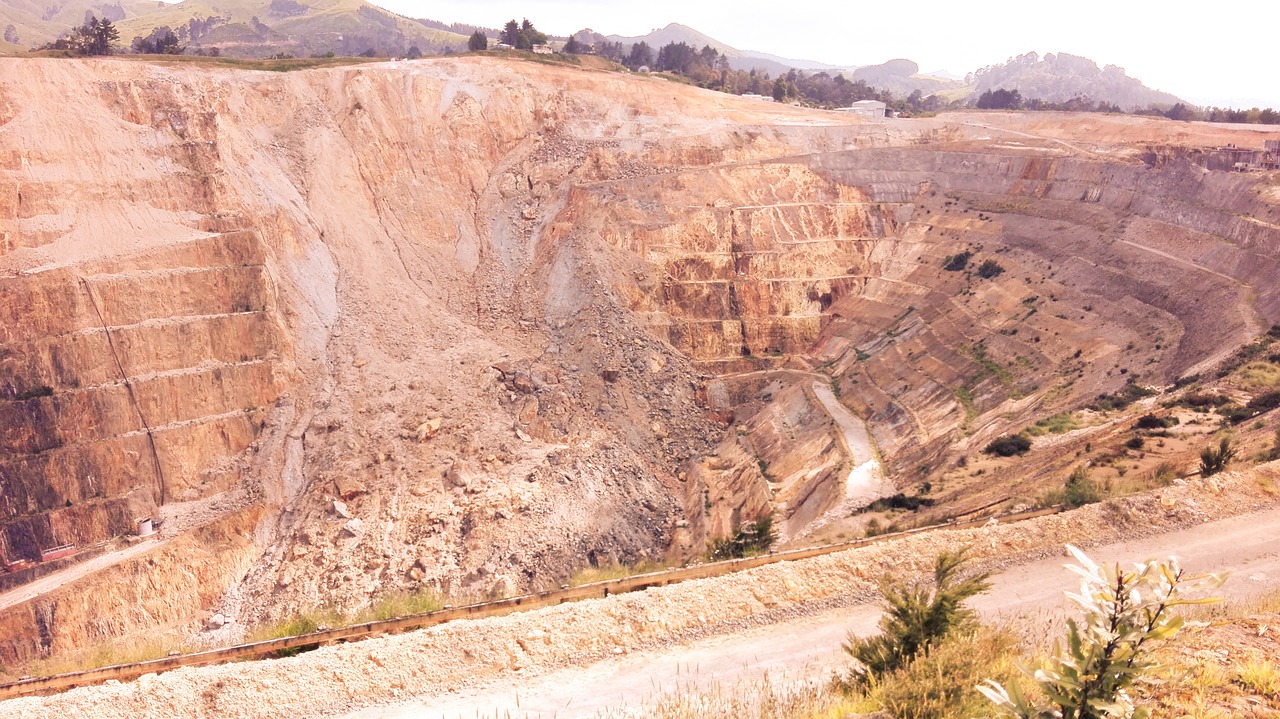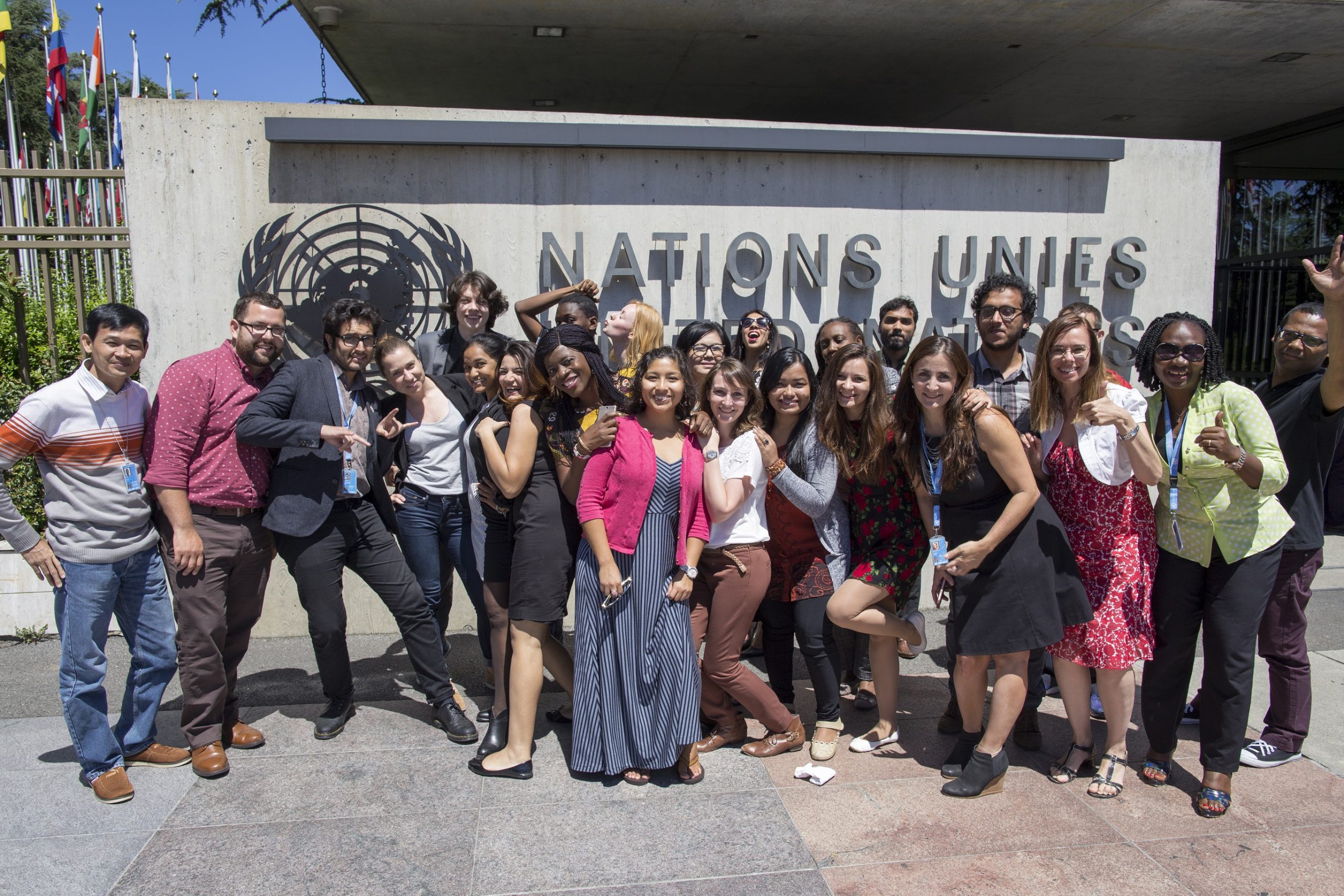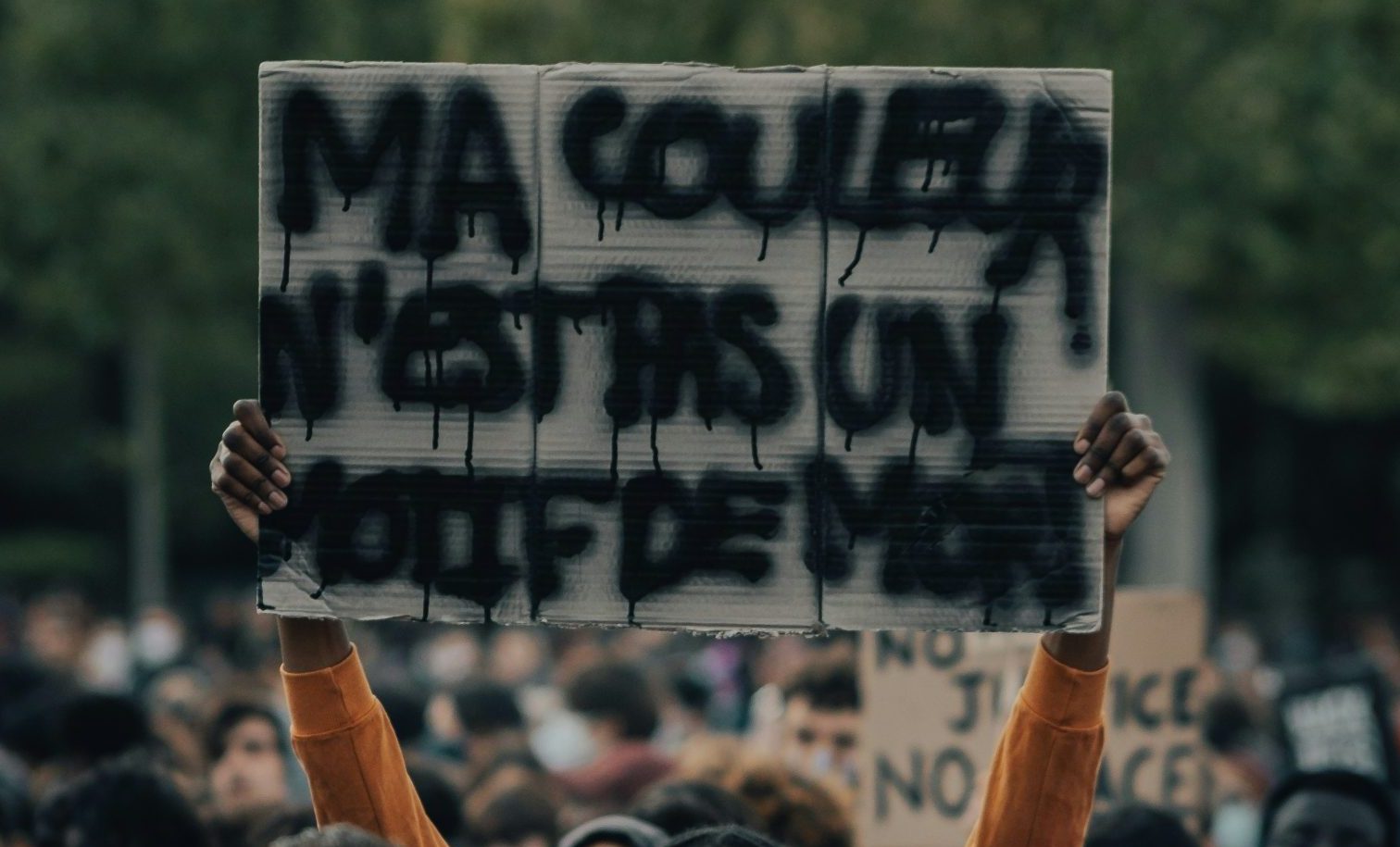From 29 May to 9 June 2017, ISHR welcomed 17 committed human rights defenders from around the globe to the 2017 edition of its Human Rights Defenders Advocacy Programme (HRDAP). The unique programme equips defenders with the knowledge and skills to make strategic use of the international human rights system. It also provides an opportunity for participants to directly engage in lobbying and advocacy activities at the UN level to effect change on the ground back home.
ISHR’s Training and Advocacy Support Manager, Helen Nolan, explains that this year’s HRDAP participants were highly active and engaged in taking on new information and skills, immediately implementing them in Geneva, and making plans for the future.
‘We’re incredibly impressed by everything that the defenders achieved during their intense two weeks here – it was a privilege to work with them,’ said Nolan. ‘From meeting with the UN High Commissioner for Human Rights, to lobbying diplomats, the defenders were ready to take up every challenge.’
The human rights defenders work on women’s rights, business and human rights, the rights of LGBTI persons and human rights defender protection, within countries with widely differing environments for defenders: Argentina, Bahrain, Bangladesh, Cambodia, Costa Rica, Ecuador, Fiji, India, Nigeria, Peru, Romania, Russia, Sierra Leone and Uganda.
HRDAP17 coincided with the 35th Session of the Human Rights Council. This meant that as well as receiving training on all the UN human rights mechanisms from a range of experts, participants were able to build networks in Geneva and around the world, lobby UN member States and UN staff, learn from each other’s wealth of experience, and even deliver statements and provide testimony at the Human Rights Council itself.
Amongst their many achievements & activities, a number stand out:
- Defenders from Ecuador, Fiji, India, Nigeria and Russia participated in the first public consultation of the newly appointed Special Rapporteur on freedom of assembly and association, sharing their personal experience to help shape the Special Rapporteur’s vision
- Defenders engaged in dynamic and informal discussions during an evening with 5 UN Special Procedures: independent experts on health, freedom of assembly & association, extreme poverty, discrimination against women, and sexual orientation and gender identity
- Paula Wachter, an Argentinian women human rights defender, sounded the alarm at the Human Rights Council about countries using concepts of the ‘traditional’ family to excuse violations of human rights – Watch Paula’s statement here:
- Adaobi Egboka and Vitaly Servetnik addressed the UN High Commissioner for Human Rights on the issue of fake civil society actors and challenges faced by human rights defenders.
- Nazeeha Saeed from Bahrain shared her insights on extra judicial violence and killings based on sexuality and gender at a public event on the margins of the Human Rights Council
- Defenders from Cambodia, Ecuador, Peru and Russia submitted information to the Special Rapporteur on human rights defenders to inform his report on business & human rights
‘The two weeks with these impressive human rights defenders were an absolute pleasure,’ said Nolan. ‘We’re thrilled that 100% of our participants were either very satisfied or satisfied with the programme, and we’re looking forward to working with our new colleagues to keep turning success in Geneva into success at home.’
It is thanks to our generous donors – thanks to people like you and me – that the International Service for Human Rights can help human rights defenders like Maria in the struggle to make their dreams a reality. Donate now!
Photo: (c) Gilles Oger
Download as PDF




